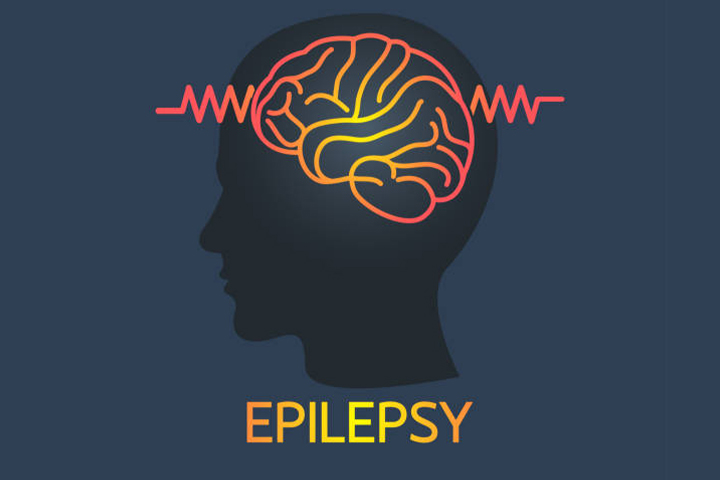April 11, 2023
Epilepsy is a medical condition that produces seizures affecting a variety of mental and physical functions. It’s also called a seizure disorder.
When a person has two or more unprovoked seizures, they are considered to have epilepsy. A seizure happens when a brief, strong surge of electrical activity affects part or all of the brain. Seizures can last from a few seconds to a few minutes.
They can have many symptoms, from convulsions and loss of consciousness to some that are not alw
ays recognized as seizures. The cause of an individual’s epilepsy can be divided into two categories: symptomatic and idiopathic. Symptomatic epilepsies originate due to some structural or metabolic abnormality in the brain. Idiopathic epilepsies are often but not exclusively genetic and generalized.
Seizure types are organised firstly according to whether the source of the seizure within the brain is localised (partial or focal onset seizures) or distributed (generalised seizures). Partial seizures are further divided on the extent to which consciousness is affected. If it is unaffected, then it is a simple partial seizure; otherwise it is a complex partial seizure. A partial seizure may spread within the brain – a process known as secondary generalisation. Generalised seizures are divided according to the effect on the body but all involve loss of consciousness. These include absence , myoclonic, clonic, tonic, tonic-clonic and atonic seizures
There are many different epilepsy syndromes, each presenting with its own unique combination of seizure type, typical age of onset, EEG findings, treatment, and prognosis. West syndrome is associated with brain development abnormalities, tuberous sclerosis, and perinatal insults to the brain. It affects infants, which by definition is between 30 days to 1 year of life. Benign focal epilepsy of childhood (Benign Rolandic epilepsy) begins in children between the ages of 4 and 13 years. Temporal lobe epilepsy is the most common epilepsy of adults.
Epilepsy is usually treated with medication prescribed by a physician. Medications can be taken daily in order to prevent seizures or reduce the frequency of their occurrence. These are termed anticonvulsant or antiepileptic drugs. Some people with epilepsy will experience a complete remission when treated with an anticonvulsant medication. If this does not occur, the dose of medication may be increased, or another medication may be added to the first.
